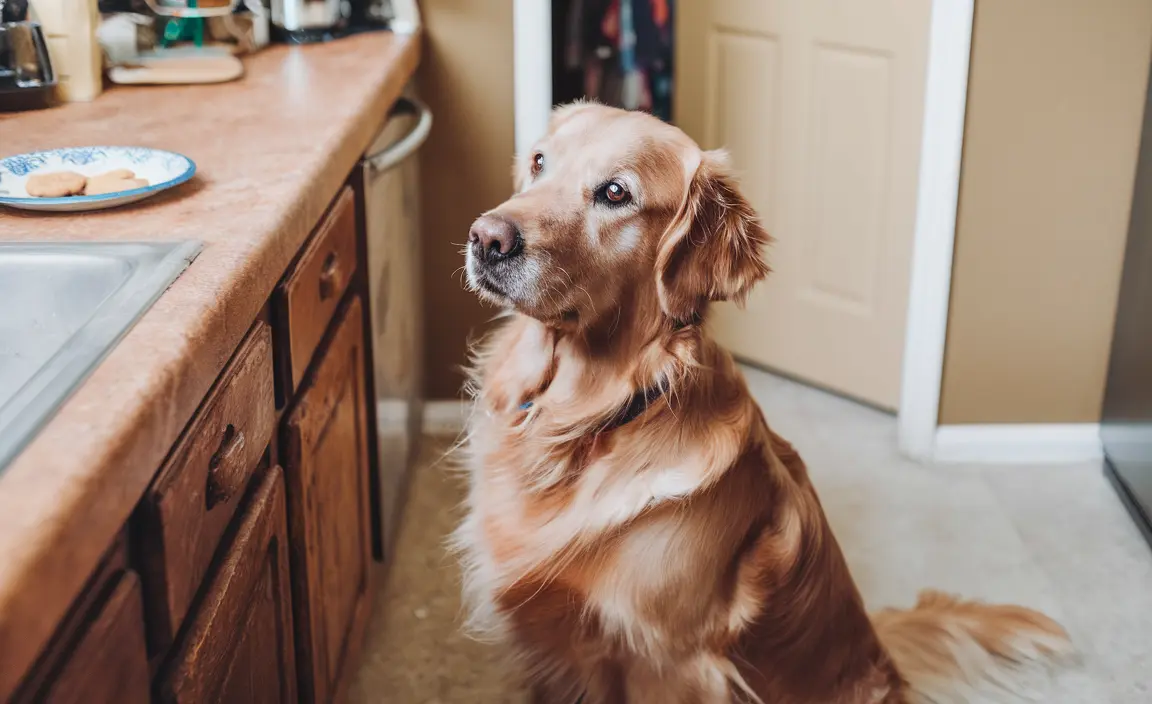As a responsible pet owner, you might find yourself wondering about the safety of sharing your favorite snacks with your canine companion. Pretzels might seem like a harmless treat, but the truth is far more complex. In this comprehensive guide, we'll explore why pretzels can pose significant risks to your dog's health and what alternatives you should consider.
Why Dogs and Pretzels Don't Mix
Despite their seemingly innocent appearance, pretzels are not a safe or healthy treat for dogs. These crunchy snacks are packed with ingredients that can potentially harm your furry friend's well-being. The combination of high salt content, empty calories, and potential toxic additives makes pretzels a food you should definitely keep away from your dog.
Are Pretzels Good for Dogs? The Nutritional Truth
The short answer is a resounding no. Pretzels offer zero nutritional value for dogs. As carnivorous animals, dogs require a diet rich in proteins and fats, primarily from meat sources. The carbohydrate-heavy composition of pretzels provides no beneficial nutrients and can actually be detrimental to your dog's health.
The Salt Danger: A Serious Health Concern
One of the most significant risks of pretzels is their high salt content. Dogs have much lower sodium requirements compared to humans, and consuming too much salt can lead to serious health issues. Excessive salt intake can cause:
- Extreme thirst
- Dehydration
- Sodium ion poisoning
- Potential kidney complications
Different Types of Pretzels: All Equally Risky
It doesn't matter if it's a soft pretzel, a hard pretzel stick, or a fancy flavored variety – all pretzels pose potential risks to your dog. Soft pretzels can be particularly dangerous due to their higher salt and carbohydrate content. Flavored or specialty pretzels with additional ingredients like peanut butter or chocolate are even more hazardous.
The Xylitol Threat
Some pretzels may contain xylitol, an artificial sweetener that is extremely toxic to dogs. Even a small amount of xylitol can cause rapid insulin release, leading to potentially fatal hypoglycemia. Always check ingredient labels and keep any xylitol-containing foods far away from your dog.
What to Do If Your Dog Eats Pretzels
Accidents happen, and if your dog manages to snag a pretzel, don't panic immediately. Here are some guidelines:
- For a single pretzel, monitor your dog closely for any unusual symptoms
- Watch for signs of salt poisoning, including:
- Vomiting
- Diarrhea
- Excessive thirst
- Disorientation
- If your dog consumes a large quantity, contact your veterinarian or the Pet Poison Helpline at 855-764-7661
Frequently Asked Questions
Can Dogs Eat Pretzels as a Treat?
No, pretzels are not a safe or recommended treat for dogs. They offer no nutritional benefits and can potentially cause health issues.
Why Are Pretzels Bad for Dogs, Even in Small Amounts?
Pretzels are high in salt, contain empty carbohydrates, and may include harmful additives like xylitol, which can be toxic to dogs.
How Many Pretzels Can a Dog Safely Eat Before It Becomes a Problem?
There is no safe amount. Even a single pretzel can provide unnecessary salt and potentially harmful ingredients.
What Should I Do If My Dog Accidentally Eats a Pretzel?
Monitor your dog for symptoms of salt poisoning or digestive issues. For large quantities, contact your veterinarian immediately.
Are Soft Pretzels More Dangerous for Dogs Than Hard Pretzels?
Soft pretzels can be more dangerous due to higher salt content and potentially more complex ingredients.
As a responsible pet owner, it's crucial to prioritize your dog's health by choosing appropriate, nutritious treats. Opt for veterinarian-approved dog treats or healthy alternatives like small pieces of lean meat or specially formulated dog snacks.






